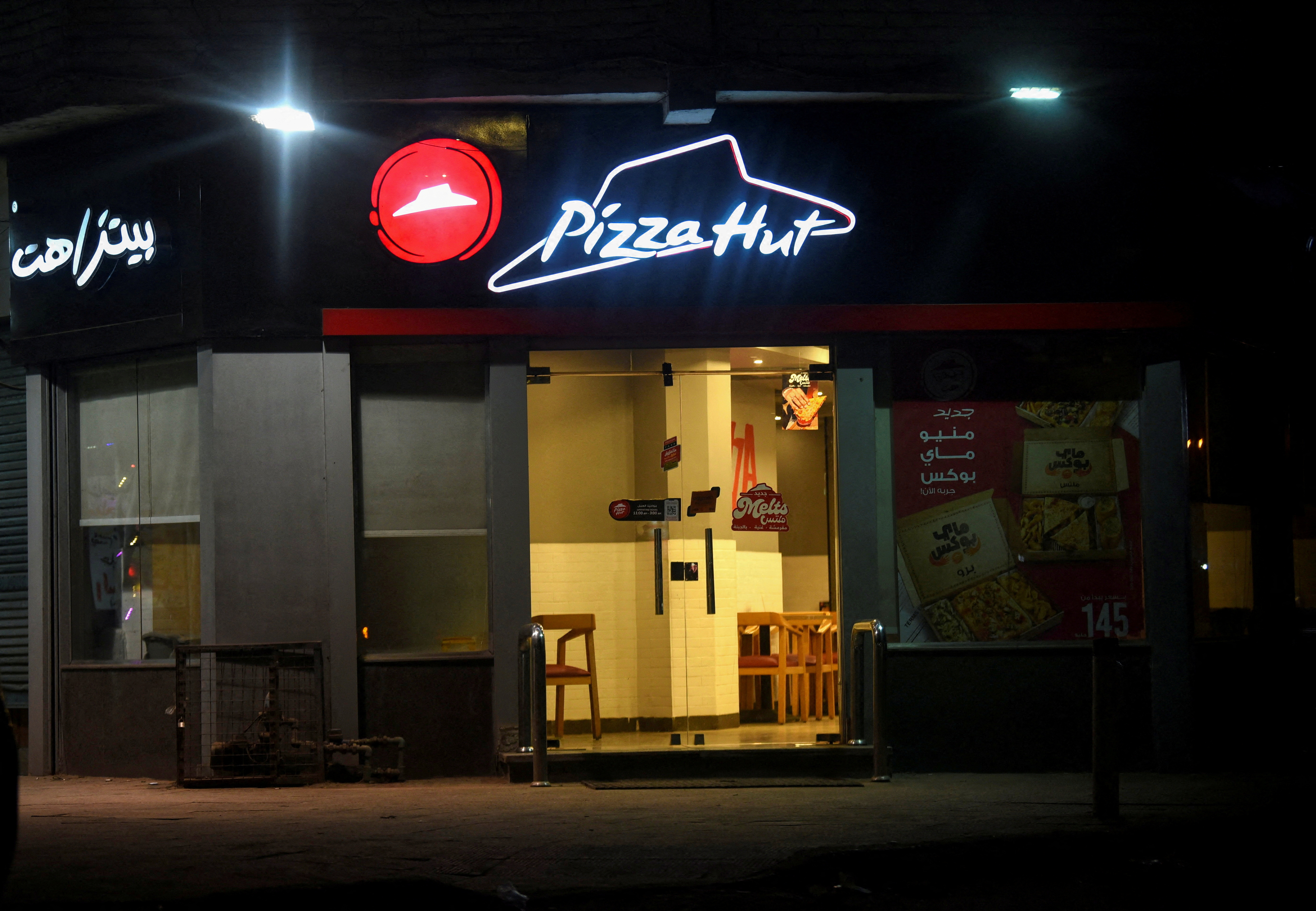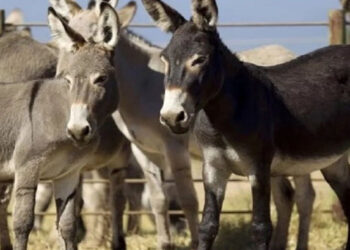Western brands are feeling the heat in Arab world as a result of a grassroots boycott campaign in response to Israel’s military offensive in Gaza. The boycott, primarily fueled by social media, has spread to Egypt, Jordan, Kuwait, and Morocco, with indications of reaching other Arab countries.
The campaign targets companies perceived to have pro-Israeli stances or financial ties to Israel. Social media posts calling for boycotts have expanded to include dozens of companies and products, leading consumers to shift to local alternatives. In Egypt, where street protests are restricted, some view the boycott as a way to express their opposition to the war.
Jordanians supporting the boycott sometimes enter McDonald’s and Starbucks to encourage customers to choose local businesses. Videos circulated online depict apparent Israeli troops using well-known detergent brands, urging viewers to boycott those products. In Kuwait City, branches of Starbucks, McDonald’s, and KFC were nearly empty.
Also read: ‘If this is not a genocide, what is?’: Watch Japanese lawmaker Akiko Oishi slams Israel

Major companies like McDonald’s and Starbucks have defended their positions, denying support for the Israeli government or army. McDonald’s Egypt emphasized its Egyptian ownership and pledged financial aid to Gaza. However, the boycott has impacted sales, with reports of a significant decline in October and November compared to the previous year.
Boycott campaigns have gained traction in countries with traditionally strong pro-Palestinian sentiment, reflecting widespread anger over the severity of the Israeli military operation in Gaza. The scale of the aggression has led to an unprecedented reaction on both the Arab and international fronts. Some campaigners have singled out specific companies, such as Starbucks and McDonald’s, based on their actions during the conflict.
Also read: ‘Saying the quiet part out loud’: Swedish PM says ‘Israel has the right to genocide’
Efforts by targeted brands to defend themselves and retain business with special offers have not deterred the boycott campaigns. The impact has extended beyond the Arab world, with reports of reduced customers at a McDonald’s branch in Malaysia and calls for a Grab boycott after the CEO’s wife expressed positive sentiments about Israel.
While some countries, like Turkey, have taken measures like removing certain products from restaurants, the impact of boycotts has been uneven. Major countries like Saudi Arabia and the United Arab Emirates have not shown a significant impact, and some individuals express skepticism about the effectiveness of such campaigns.





































